Corn oil is extracted from the germ (embryo) of corn kernels. The germ is separated from the rest of the kernel and then processed to obtain the oil. This extraction process involves crushing the germ and using various methods such as expeller pressing or solvent extraction to release the oil.
Table of Contents
Health Benefits of Corn Oil
Corn oil offers several potential health benefits when consumed as part of a balanced diet. Here are some of the health benefits associated with corn oil:
- Heart Health: Corn oil is low in saturated fat and high in heart-healthy unsaturated fats, including monounsaturated and polyunsaturated fats. These fats have been shown to help lower LDL (bad) cholesterol levels and reduce the risk of heart disease when consumed in place of saturated and trans fats.
- Cholesterol Management: Corn oil contains phytosterols, which are plant compounds that have a structure similar to cholesterol. Phytosterols can compete with cholesterol for absorption in the intestines, leading to a reduced uptake of dietary cholesterol. Regular consumption of foods rich in phytosterols, such as corn oil, may help lower LDL cholesterol levels.
- Anti-Inflammatory Properties: Corn oil contains omega-6 fatty acids, particularly linoleic acid, which has anti-inflammatory properties. Omega-6 fatty acids play a crucial role in the body's inflammatory response and can contribute to the overall management of inflammation.
- Vitamin E Content: Corn oil is a good source of vitamin E, an antioxidant that helps protect cells from oxidative damage. Vitamin E also plays a role in supporting immune function and maintaining healthy skin.
- Eye Health: Corn oil contains lutein and zeaxanthin, two antioxidants that are beneficial for eye health. These compounds help protect the eyes against oxidative stress and may contribute to reducing the risk of age-related macular degeneration (AMD) and cataracts.
- Essential Fatty Acids: Corn oil contains essential fatty acids, such as linoleic acid, which is an omega-6 fatty acid. These fatty acids are important for the body's functioning and cannot be produced by the body, so they need to be obtained from the diet. They play a role in maintaining healthy cell membranes, supporting brain function, and promoting proper growth and development.
It's important to note that while corn oil offers potential health benefits, it should be consumed in moderation. Like any oil, it is high in calories and should be used as part of a balanced diet. Additionally, individual health conditions and dietary needs may influence the suitability and recommended intake of corn oil. Consulting with a healthcare professional or registered dietitian is advisable to get personalized guidance based on individual circumstances.
How to Use Corn Oil for Cooking
Corn oil is a versatile cooking oil that can be used in various culinary applications. Here are some tips on how to use corn oil for cooking:
- Frying and Deep Frying: Corn oil has a high smoke point, which makes it suitable for frying and deep frying. Its mild flavor allows it to work well with a variety of fried foods, such as French fries, chicken, fish, or vegetable fritters. Heat the corn oil to the desired temperature, usually between 350°F to 375°F (175°C to 190°C), and carefully add the food for frying.
- Sautéing and Stir-Frying: Corn oil can be used for sautéing vegetables, meats, or other ingredients in a skillet or wok. Heat the corn oil over medium-high heat, add the ingredients, and cook them quickly, stirring frequently. Corn oil's neutral flavor allows the other flavors of the dish to shine.
- Baking: Corn oil can be used in baking recipes as a substitute for other cooking oils or melted butter. It adds moisture and helps create a tender texture in baked goods. When using corn oil in baking, follow the recipe instructions and substitute it in equal amounts for the specified oil or melted butter.
- Salad Dressings and Marinades: Corn oil can be used as a base for homemade salad dressings or marinades. Combine corn oil with vinegar, citrus juice, herbs, spices, and other desired ingredients to create flavorful dressings or marinades for salads, grilled meats, or vegetables.
- Grilling and Barbecuing: Corn oil can be brushed onto meats, vegetables, or seafood before grilling or barbecuing to prevent sticking and enhance the flavors. Lightly coat the ingredients with corn oil and season them before grilling over medium to high heat.
- Light Frying and Pan-frying: Corn oil can be used for light frying or pan-frying, such as browning or searing ingredients. Heat the corn oil in a pan over medium heat and add the ingredients. Cook them until they reach the desired level of doneness, flipping or stirring as needed.
- Flavor Enhancer: Corn oil can also be used as a flavor enhancer for dishes. Drizzle a small amount of corn oil over cooked vegetables, pasta, or grains to add a hint of richness and enhance the flavors.
When using corn oil for cooking, it's important to consider the specific brand and quality. Opt for a reputable brand and store the oil properly in a cool, dark place to maintain its freshness and prevent oxidation. Additionally, remember to use corn oil in moderation as part of a balanced diet, as it is a calorie-dense ingredient.
Interesting Facts about Corn Oil
Here are some interesting facts about corn oil:
- Production: Corn oil is one of the most widely produced vegetable oils in the world. It is extracted from the germ (embryo) of corn kernels, which makes up only a small percentage of the corn kernel's weight.
- Versatility: Corn oil is a versatile cooking oil that can be used for frying, sautéing, baking, and grilling. Its high smoke point and mild flavor make it suitable for various culinary applications.
- Nutritional Profile: Corn oil is low in saturated fat and contains higher amounts of heart-healthy monounsaturated and polyunsaturated fats. It is also a good source of vitamin E, an antioxidant that helps protect cells from oxidative damage.
- Source of Omega-6 Fatty Acids: Corn oil is rich in omega-6 fatty acids, particularly linoleic acid. These essential fatty acids play a role in maintaining healthy cell membranes, supporting brain function, and promoting growth and development.
- Phytosterols: Corn oil contains phytosterols, which are plant compounds that have a structure similar to cholesterol. Phytosterols can help lower LDL (bad) cholesterol levels and may have potential benefits for heart health.
- High Smoke Point: Corn oil has a relatively high smoke point, typically ranging from 400°F to 450°F (204°C to 232°C). This makes it suitable for high-temperature cooking methods like frying and deep frying.
- Industrial Uses: Corn oil is not only used in cooking but also finds applications in various industries. It is used in the production of biodiesel, as a lubricant, in the manufacturing of soaps, and as an ingredient in cosmetics and personal care products.
- Sustainability: Corn oil production can contribute to the utilization of corn byproducts, as the oil is extracted from the corn germ, which is usually a byproduct of corn milling processes.
- Allergy Considerations: Individuals with corn allergies or sensitivities should avoid corn oil. Although the extraction process removes most of the proteins responsible for allergic reactions, trace amounts may still be present in some cases.
- Storage: Like other oils, corn oil should be stored in a cool, dark place to maintain its freshness and prevent oxidation. It is important to check the expiration date and discard any oil that has gone rancid.
These facts highlight the widespread use, nutritional benefits, and versatility of corn oil in both culinary and industrial applications.

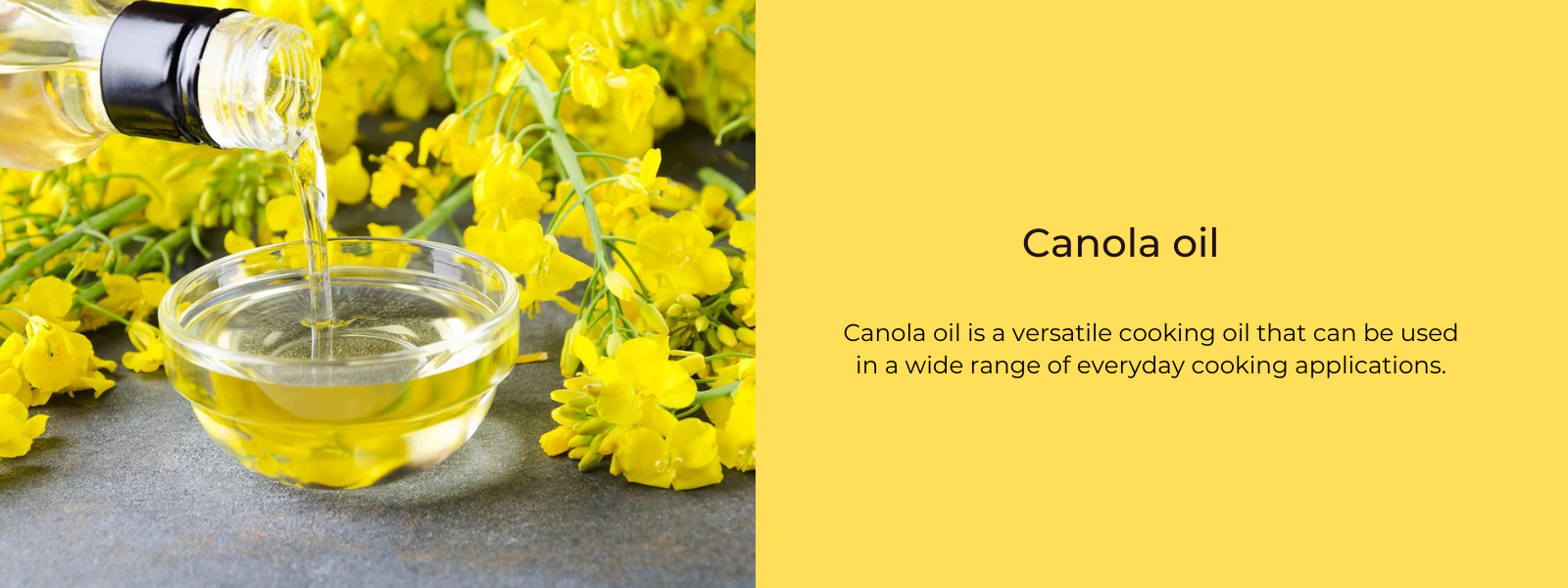
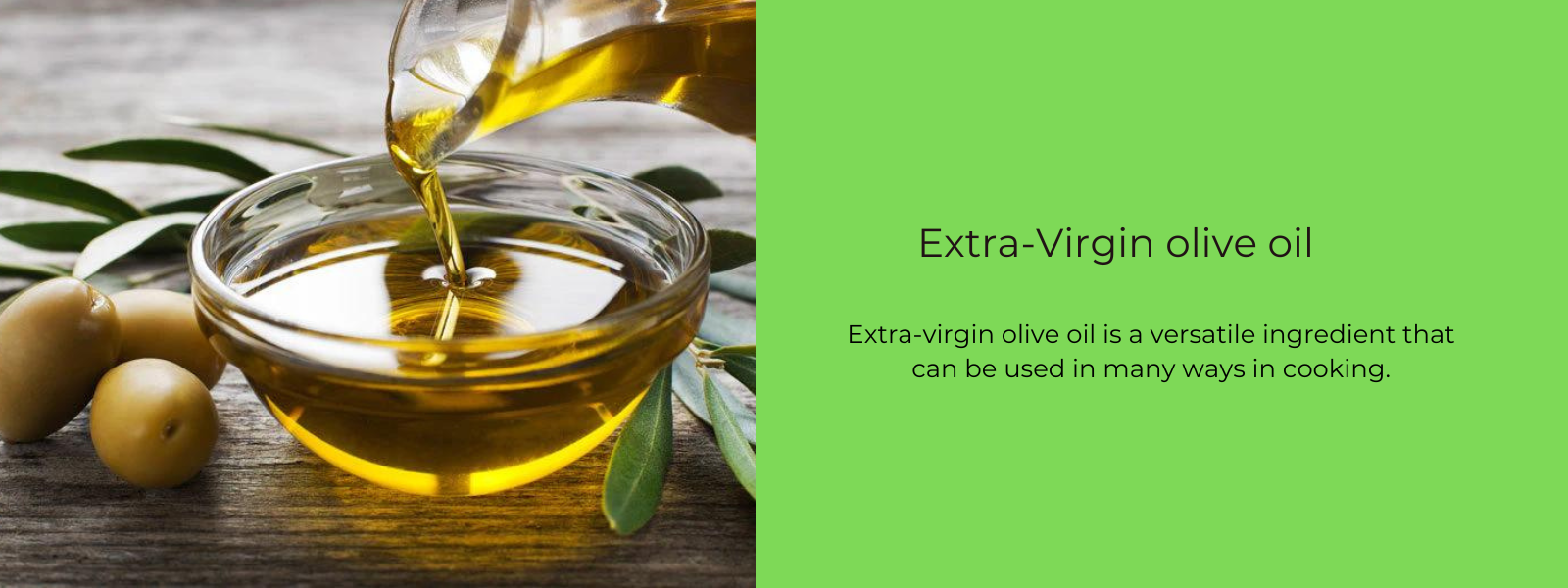
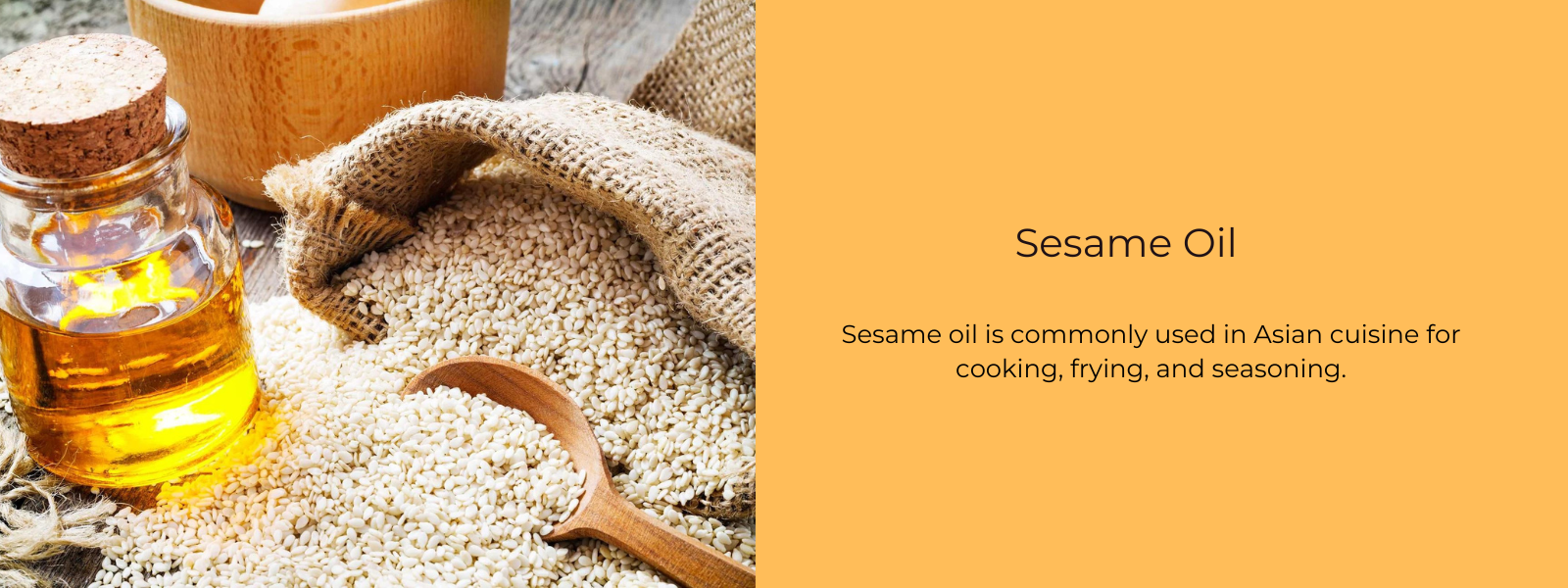

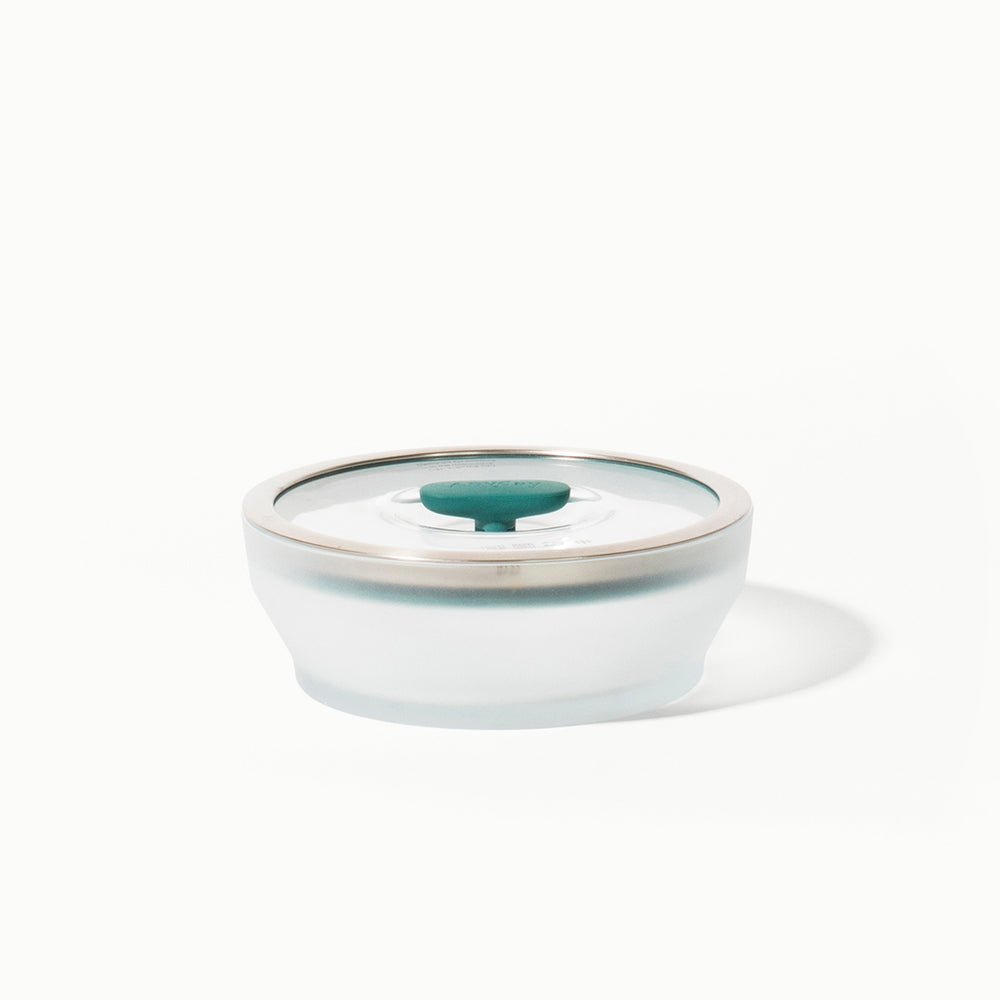
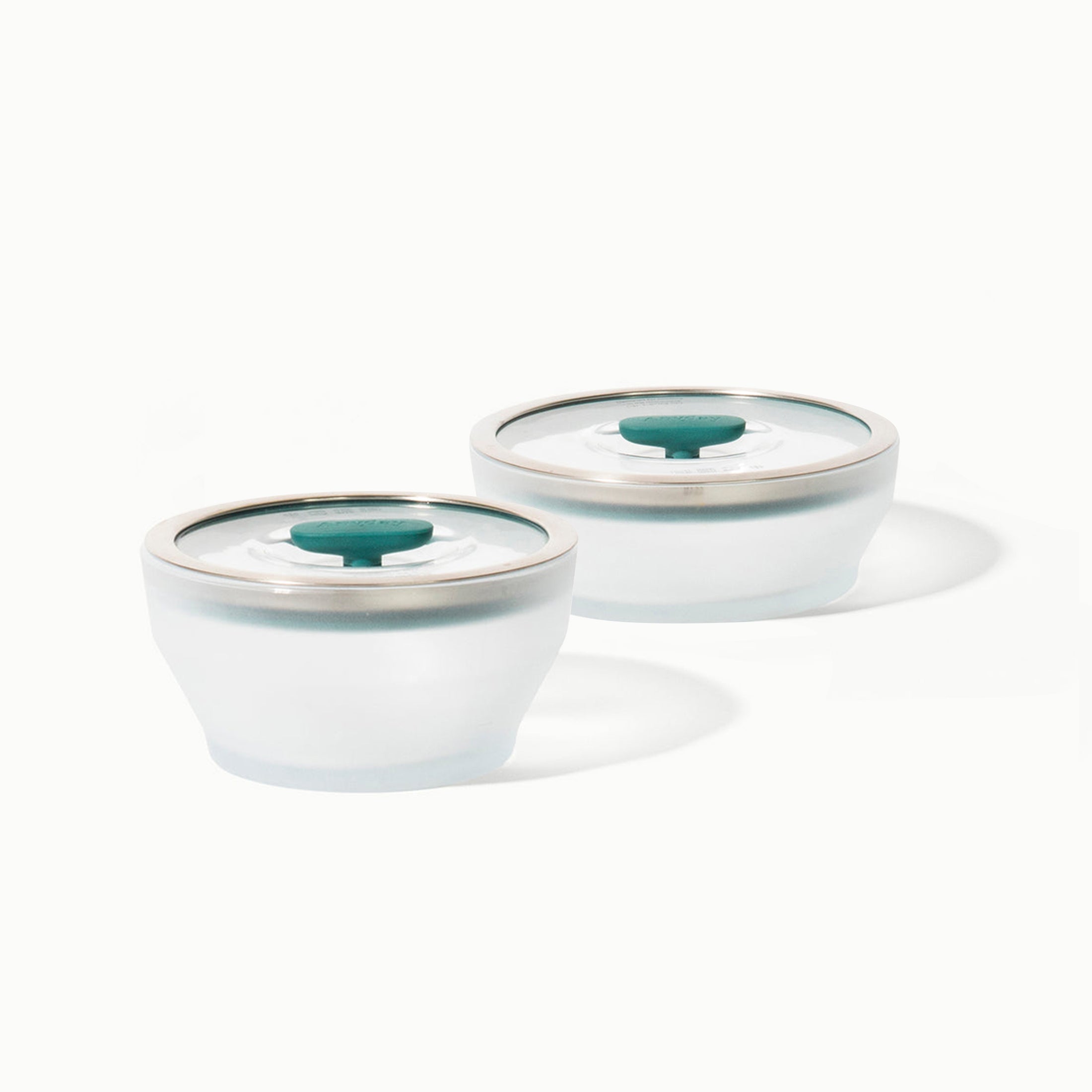




Leave a comment